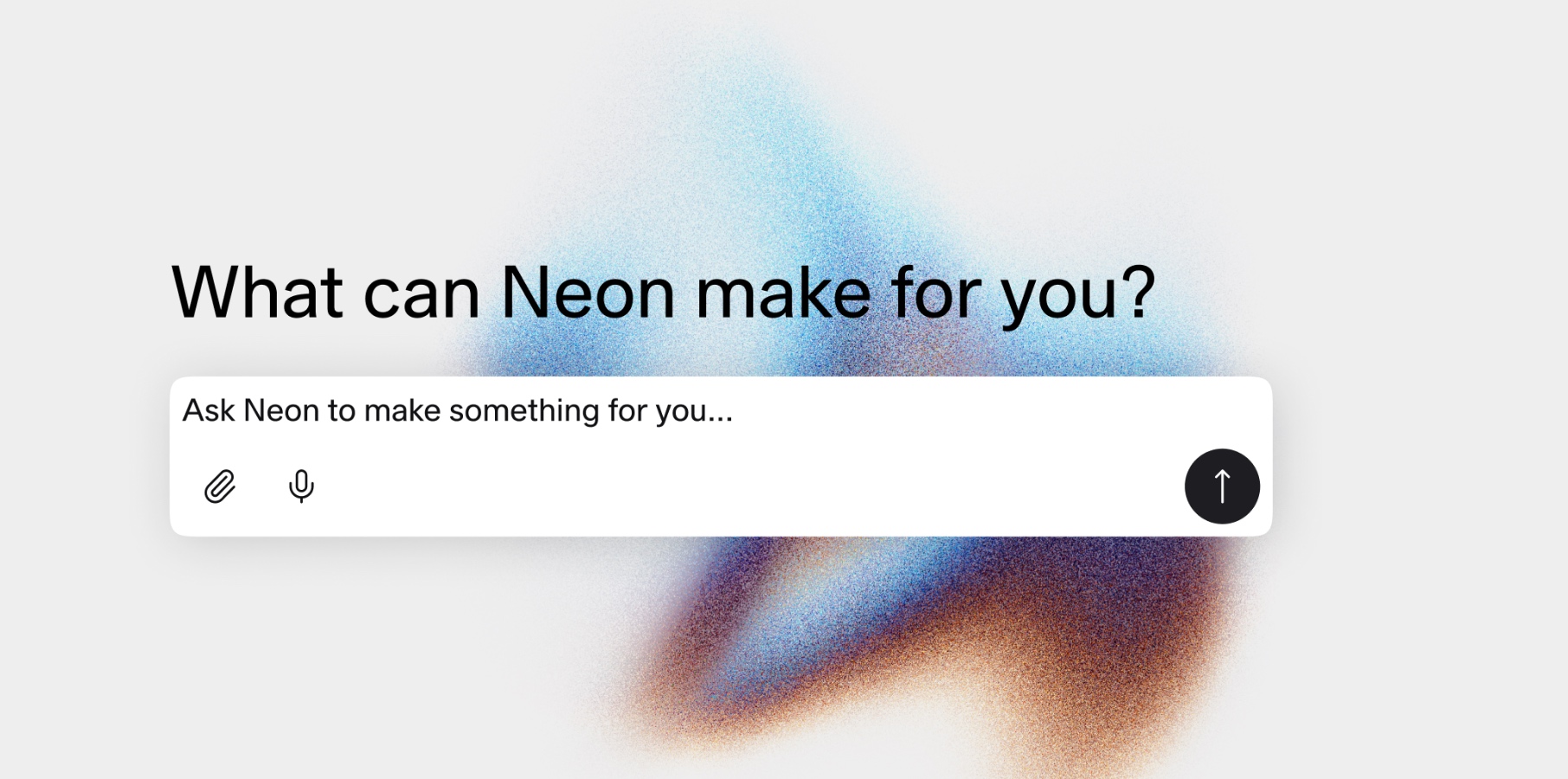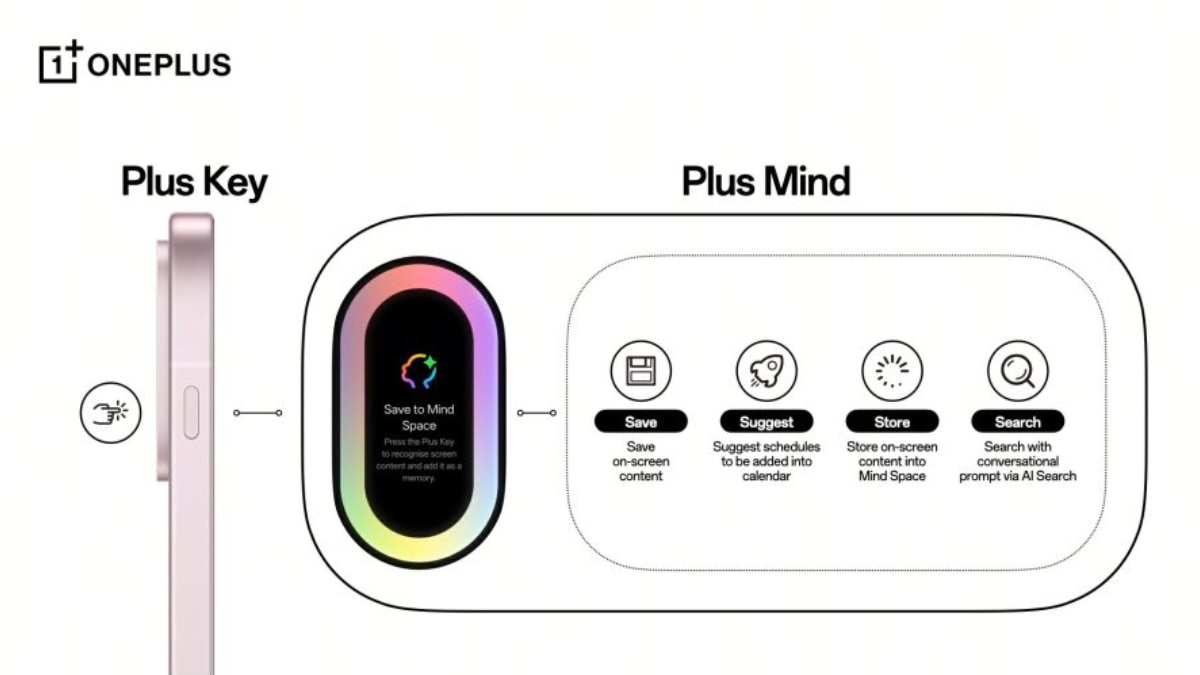The Rise of AI in Transforming Business Landscapes: Insights and Innovations
Author: Tech Insights Team

In the rapidly evolving landscape of technology, Artificial Intelligence (AI) has emerged as a pivotal force transforming various sectors, particularly business operations. As organizations strive for efficiency and innovation, AI-driven solutions are redefining traditional approaches, enabling companies to manage workflows better, enhance customer experiences, and optimize resource allocation. Recent announcements from notable players like Teamflect, Experian, and OnePlus highlight the profound impact of AI on business strategies.
Teamflect, renowned for its all-in-one performance management platform integrated with Microsoft Teams, recently launched its AI HR Partners. This beta feature aims to revolutionize the Human Resources (HR) sector by automating routine tasks. HR managers often juggle numerous responsibilities, and the introduction of AI Partners simplifies processes such as recruitment, employee performance tracking, and compliance management. By automating these functions, Teamflect empowers HR professionals to focus on strategic initiatives, thereby transforming HR departments into strategic powerhouses.

Teamflect logo – Innovating HR with AI technology.
The 2025 identity fraud statistics presented by Experian shed light on the urgent need for advanced security measures in the fintech sector. A 10% increase in identity fraud cases in just the first three months of the year illustrates the vulnerabilities clients face in this digital age. In response, Experian has been at the forefront, advocating for innovative security solutions to protect sensitive information. As identity theft becomes more sophisticated, the integration of AI to flag suspicious activities and perform background checks has become indispensable.
Similarly, in the software domain, Opera has unveiled its latest AI-powered agentic browser, called Opera Neon, designed to elevate the user's web experience significantly. Opera Neon is not just a browsing tool but an agent that can perform tasks autonomously, thanks to its AI capabilities. During its Browser Days event in Lisbon, Opera outlined how this new feature enhances productivity and promises a new era of web surfing, characterized by increased efficiency and personalized user interaction.

Opera Neon – The future of AI-powered web surfing.
The integration of AI into everyday devices extends beyond browsers. OnePlus's recent announcement reveals its intent to phase out the iconic Alert Slider on its smartphones, introducing a new feature called the 'Plus Key.' This multifunctional button is designed to harness the power of AI, serving as an intuitive way for users to interact with the device. Features such as AI VoiceScribe and AI Call Assistant are geared towards enhancing productivity, particularly in India, reflecting OnePlus’s commitment to integrating AI into its ecosystem.
The Plus Key will allow users to capture on-screen content efficiently, aiding in organization and retrieval through OnePlus's AI Plus Mind feature. This is a significant shift, emphasizing how consumer electronics are adapting to user needs and technological advancements. With the rise of AI, smartphone manufacturers are seeking to enrich user experience by offering devices that learn and adapt to the users' preferences.

OnePlus Plus Key – A new era of smartphone interaction.
The ongoing narrative of AI's impact on business practices is complemented by the emergence of venture capital movements in the tech landscape. Humain, a state-backed AI company from Saudi Arabia, is reportedly planning a substantial $10 billion venture fund aimed at investing in promising startups across the US, Europe, and Asia. This initiative signifies the growing importance of AI in driving innovation and economic growth in a competitive global market.
AI is not solely limited to technological advancements; it is influencing every aspect of business operations. For instance, Fenergo's launch of its FinCrime Operating System illustrates how AI can enhance compliance and risk management in financial institutions. By providing a unifying platform for client lifecycle management with an agentic AI layer, Fenergo aims to streamline operations and mitigate fraud risks, showcasing AI's role in safeguarding financial environments.
The shift towards AI integration is accompanied by discussions on ethical AI use and the need for regulatory frameworks. Companies are not only focusing on technological capabilities but are also aware of the social implications and responsibilities that come with deploying AI solutions. The dialogue surrounding ethical AI practices emphasizes transparency, accountability, and user privacy, ensuring that technology serves society positively.
As AI continues to permeate various sectors, the crossroads of technology and ethics will become increasingly intricate. Stakeholders must collaborate to create guidelines that harness AI's potential while minimizing risks. The collective efforts of industry leaders, regulators, and consumers will shape the evolution of AI, ensuring it contributes to wholesome and inclusive growth.
In conclusion, the ongoing advancements in AI technology hold the promise of transforming the business landscape profoundly. Companies like Teamflect and OnePlus exemplify how AI is being embedded into products and services, enhancing user engagement and operational efficiency. As technological innovation accelerates, the integration of AI into various aspects of business will not only redefine traditional practices but also pave the way for a smarter, more responsive future.